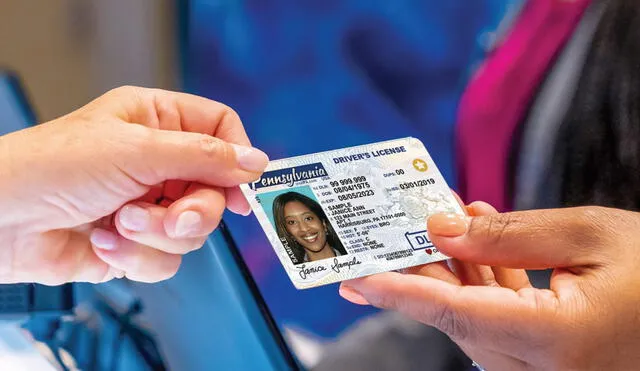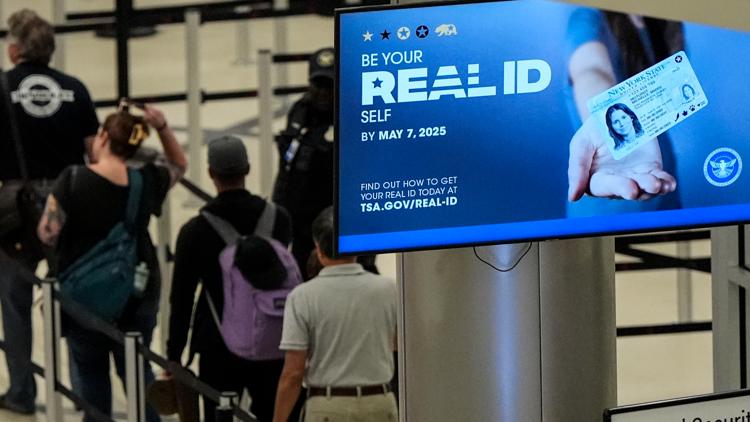The REAL ID Act takes effect in the U.S.: Mandatory driver’s license renewal before May 2025
Starting May 7, 2025, the REAL ID Act will require all U.S. drivers to update their licenses to meet new security standards, affecting domestic travel and access to federal buildings.

The REAL ID Act, passed in 2005, will finally take effect on May 7, 2025, establishing stricter security standards for driver’s licenses and state-issued IDs in the United States. This measure aims to enhance national security and ensure the authenticity of identification documents. Citizens must ensure their licenses comply with the new requirements to avoid disruptions in daily activities.
Millions of drivers across the country will be affected by the REAL ID implementation. Compliant licenses will feature a star in the upper right corner, indicating their validity under the new law. Without this update, individuals will face restrictions in several key areas, making it crucial for all citizens to verify and renew their licenses before the deadline.

Feds Postpone REAL ID Deadline to May 2025. Photo: Blue Sky News.
What happens if you don’t have a REAL ID?
As of May 7, 2025, non-compliant driver’s licenses will no longer be accepted for certain federal purposes. This includes boarding domestic flights, entering federal buildings, and accessing military facilities. To avoid inconveniences, citizens must update their licenses accordingly.
To obtain a REAL ID-compliant license, applicants must visit their state’s Department of Motor Vehicles (DMV) and bring the required documents, which include proof of identity, such as a valid passport, birth certificate, Social Security number verification and two proofs of residency. Requirements may vary by state, so checking the local DMV website for specific details is recommended.

Full enforcement of REAL ID at airports may be pushed back. Photo: WBIR.com.
Are there alternatives for a REAL ID license?
While a REAL ID will be necessary for certain federal activities, there are alternatives. U.S. passports and passport cards will still be accepted for domestic flights and federal facility access. Additionally, Enhanced Driver’s Licenses (EDLs) issued in states like Washington, Michigan, Minnesota, New York, and Vermont meet REAL ID standards. Children under 18 won't need a REAL ID to board domestic flights. However, airlines may have specific policies, so parents should verify requirements with their carrier. Standard driver’s licenses will remain valid for driving, banking and voting, but won't be accepted for federal purposes requiring REAL ID compliance.
With the deadline approaching, authorities urge citizens to renew their licenses as soon as possible to avoid last-minute congestion at DMV offices. Many states allow online appointment scheduling to streamline the process. Additionally, public awareness campaigns may be launched to educate people about the new requirements. The REAL ID Act was enacted in response to recommendations from the 9/11 Commission to establish minimum security standards for issuing driver’s licenses and identification cards. By ensuring that all IDs used for federal activities meet uniform criteria, the law aims to strengthen national security and reduce identity fraud.












